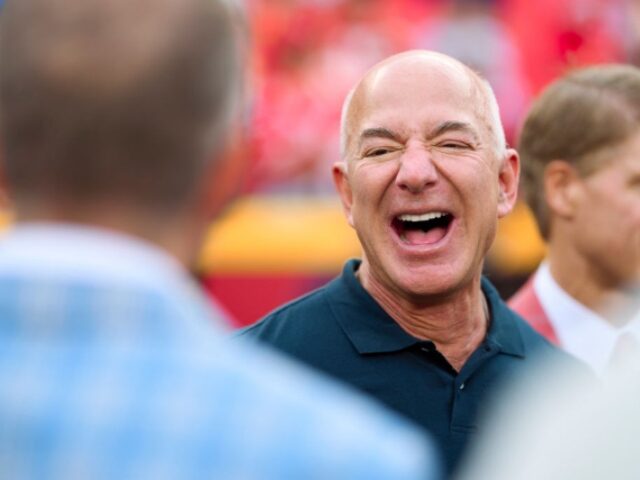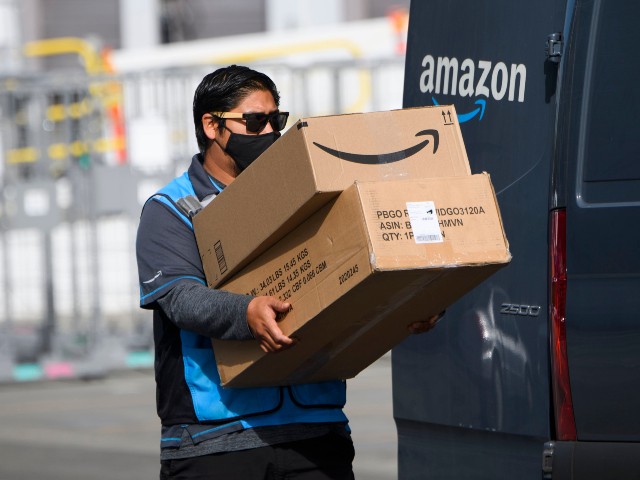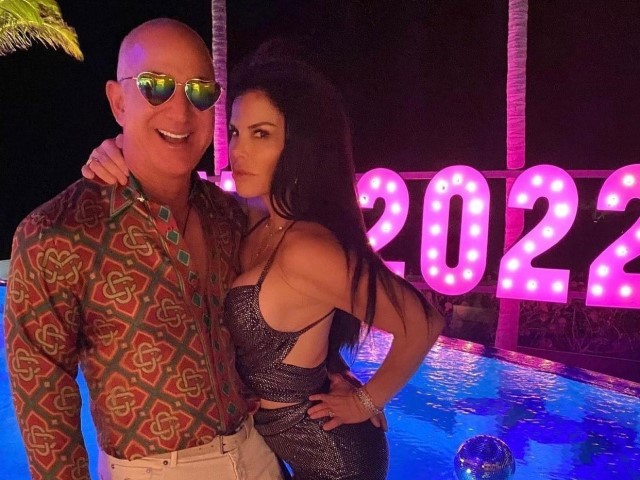Amazon finds itself under the FTC’s microscope as the federal agency scrutinizes the e-commerce giant’s business as part of its lawsuit against Jeff Bezos’ company. The latest allegations include that the company used a secret algorithm, dubbed “Project Nessie,” to manipulate prices and expand the company’s profits.
The Wall Street Journal reports that in a world where e-commerce has become synonymous with convenience, Amazon is facing a massive lawsuit filed by the FTC alleging a wide array of anti-competitive practices. The latest allegations focus on a secretive algorithm, known internally as “Project Nessie,” which is now emerging as part of the lawsuit. Although Nessie may have other meanings to the Amazon executives that crafted the manipulation algorithm, it is popularly known as the name of the Loch Ness Monster.
The algorithm, as per sources familiar with the FTC’s complaint, was instrumental in bolstering Amazon’s profits across a wide variety of shopping categories. Not only did it serve to enhance Amazon’s financial gains, but it also inadvertently nudged competitors into elevating their prices, thereby imposing a financial burden on consumers. In scenarios where competitors abstained from matching Amazon’s prices, the algorithm astutely reverted the item to its original price.
An Amazon spokesperson defended the initiative, stating, “Project Nessie was a project with a simple purpose—to try to stop our price matching from resulting in unusual outcomes where prices became so low that they were unsustainable. The project ran for a few years on a subset of products, but didn’t work as intended, so we scrapped it several years ago.”
However, the FTC’s lawsuit paints a different picture, alleging that the practice “extracted from American households” a significant amount of money and facilitated the generation of a redacted sum of “excess profit.” A Wall Street Journal source claims that Amazon accrued more than $1 billion in revenue through the utilization of this algorithm.
The ramifications of “Project Nessie” extend beyond mere pricing adjustments. The FTC’s complaint underscores a broader impact, suggesting that Amazon’s monopoly power has had a widespread influence on elevating consumer prices across the retail sector. This is particularly pertinent in the context of third-party sellers on Amazon’s platform, who, according to the FTC, often find themselves ensnared in a predicament where they are compelled to elevate prices for consumers.
Read more at the Wall Street Journal here.
Lucas Nolan is a reporter for Breitbart News covering issues of free speech and online censorship.



COMMENTS
Please let us know if you're having issues with commenting.